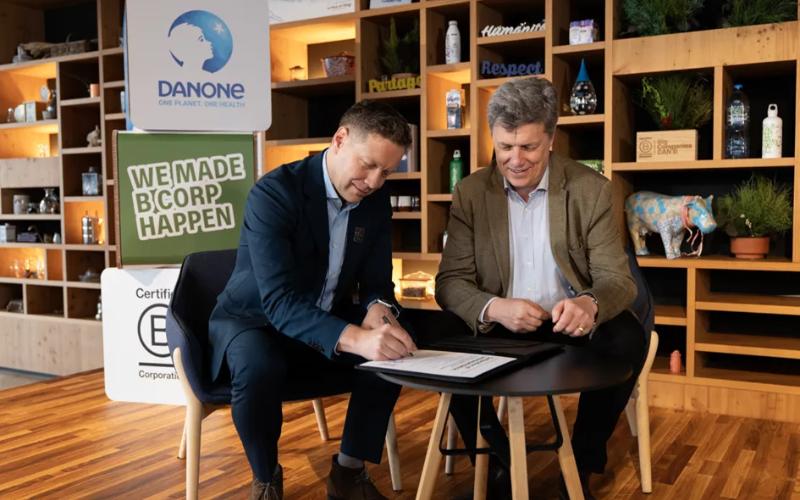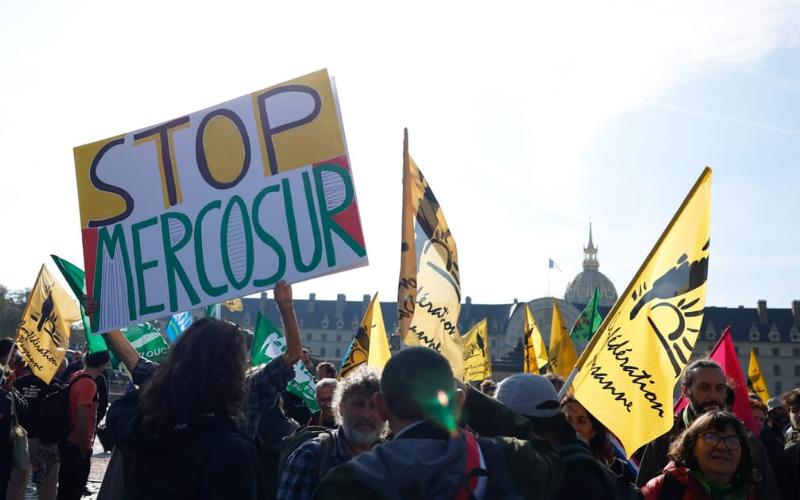EU Aims to Finalize Mercosur Trade Agreement by Year-End Amid Deforestation Law Concerns
The European Union is aiming to conclude a long-awaited trade agreement with the South American Mercosur bloc by the end of this year, EU Commissioner for Crisis Management Janez Lenarcic told Reuters. However, he acknowledged that key issues remain, particularly around the EU’s deforestation law, which has become a significant point of contention in the negotiations.

Lenarcic, who spoke during a G20 summit in Brazil focused on climate challenges, noted that while he is not directly involved in the negotiations, the EU is committed to finalizing the deal. "The European Union wants this agreement, let me be very clear about that," Lenarcic stated, adding that the EU hopes to address remaining differences soon.
The deforestation regulation, which bans imports linked to forest destruction, has complicated talks, especially with Brazil. In response to pressure from some EU member states and agricultural exporters, including Brazil, the EU agreed to delay the law’s implementation by one year, pushing it to the end of December 2025. However, Lenarcic clarified that the law’s substance will remain unchanged.
The trade agreement, under negotiation for over 25 years, had reached a preliminary deal in 2019 but stalled due to EU demands for Mercosur countries to make stronger commitments on deforestation and climate issues. Mercosur, comprising Brazil, Argentina, Uruguay, Paraguay, and now Bolivia, represents a valuable market for EU manufacturers, though European farmers—particularly in France—fear increased competition.
Further negotiations are expected in the coming weeks, with an online meeting planned between the blocs’ representatives and in-person talks slated for late November. Both sides aim to reach a final agreement before Mercosur’s December meeting in Uruguay, according to Brazil’s foreign ministry.
The deforestation regulation, which bans imports linked to forest destruction, has complicated talks, especially with Brazil. In response to pressure from some EU member states and agricultural exporters, including Brazil, the EU agreed to delay the law’s implementation by one year, pushing it to the end of December 2025. However, Lenarcic clarified that the law’s substance will remain unchanged.
The trade agreement, under negotiation for over 25 years, had reached a preliminary deal in 2019 but stalled due to EU demands for Mercosur countries to make stronger commitments on deforestation and climate issues. Mercosur, comprising Brazil, Argentina, Uruguay, Paraguay, and now Bolivia, represents a valuable market for EU manufacturers, though European farmers—particularly in France—fear increased competition.
Further negotiations are expected in the coming weeks, with an online meeting planned between the blocs’ representatives and in-person talks slated for late November. Both sides aim to reach a final agreement before Mercosur’s December meeting in Uruguay, according to Brazil’s foreign ministry.











